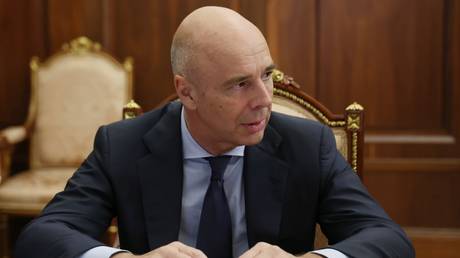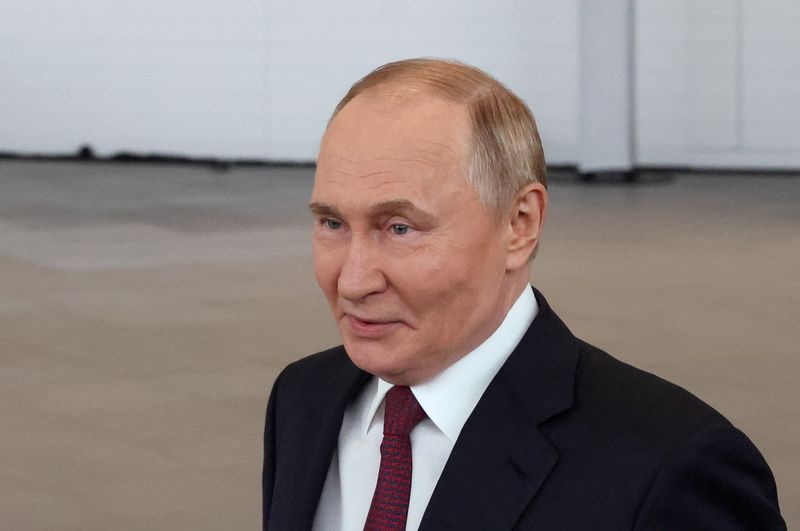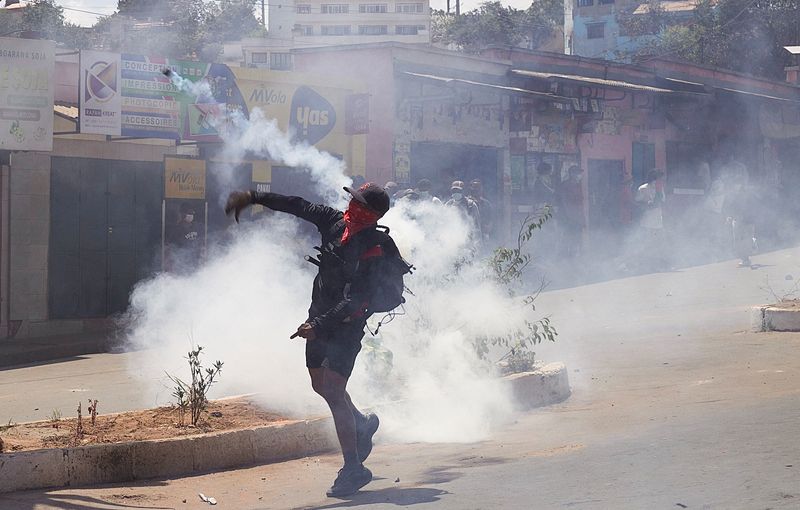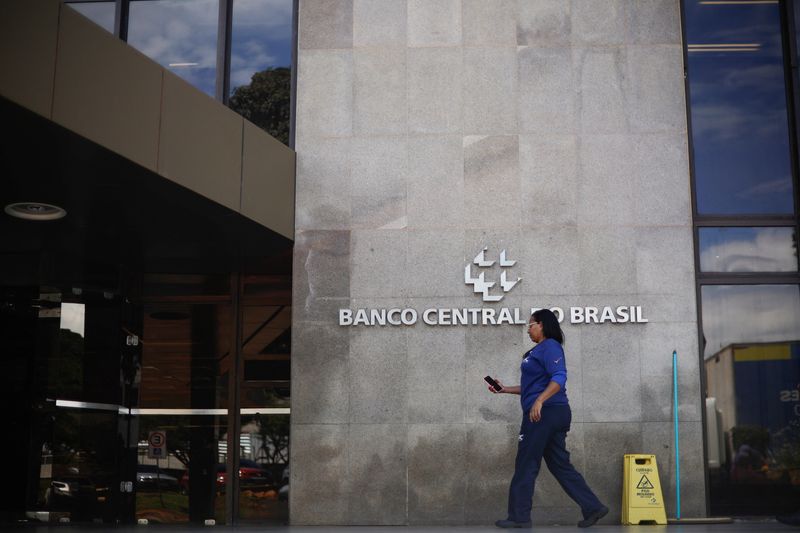Russia’s finance minister explains VAT increase
NeutralFinancial Markets

Russia's finance minister, Anton Siluanov, has announced a VAT increase as a strategy to avoid government borrowing while attempting to ease monetary policy. This decision highlights the government's approach to managing economic challenges without increasing debt, which could have significant implications for the country's fiscal health and consumer prices.
— Curated by the World Pulse Now AI Editorial System

















